Non-formal Education refers to any structured educational activity that takes place outside of the regular educational system. It is usually adaptable, learner-centred, contextualized, and takes a participatory approach.
Table of Contents
Non-formal education is shaping new ways to educate students. The exchange of knowledge is no longer confined within four walls. It is imparted outside the regular educational forum.It involves various educational activities conducted for better and reformed growth. By teaching basic fundamental rights to head up in every situation and voice their opinions freely, students are empowered to make informed decisions.
The non-formal education comprises courses different from the institutions or any scheme allotted by government funding and is achieved from the learner's intentional effort to master any activity beyond a set of rules described as informal education.
What is Non-Formal Education?
Non-formal education is a structured, organized educational activity carried outside the usual framework of schools. Some of the added features of non-formal education are as follows:
- It has no age restrictions.
- It encompasses various learning methods.
- Non-formal education offers a wide range of learning.
- It promotes productive skills with substantial gains.
- It involves recreational tools to multiple sub-groups in the population.
- It generates national income and more adaptable employment opportunities.
- It also assists in the transfer of proper educational equipment to more need-based areas.
- It may cater to various learning programs like adult literacy, fundamental education for non-school-going children, life skills or culture, and diversity.
Also Read: Education System in India
Importance of Non-Formal Education
Non-formal education is a comprehensive approach to learning with no limitations to knowledge. Here’s why this type of education is important:
- It is a fundamental approach to building confidence among individuals.
- People start trusting their instincts by learning different methods in any field.
- Students acquire emotional, cognitive, and other various inclusions of practices for skill development.
- It provides a platform for developing new skills and generates opportunities.
- Brainstorming exercises, presentations, interactive lectures, etc., help build various skills.
- It creates value for the areas in which it is conducted.
- It motivates others to join the workforce and enhance their skills.
- It aids in an individual's learning to grow confident and responsible.
- Experienced teachers with appropriate knowledge give practical loom to every learning.
- Programs are interactive and practical approaches are adapted to make individuals understand various methods.
- It provides each learner adequate space and time to learn skills and respect each individual associated.
- It considers personal growth and even the delicate issues are handled with the utmost care with proactive approaches.
- Instills gracefulness and capability to adapt to an individual's needs and profession on a personal level.
Also Read: What is Quality Education? Meaning and Importance
Principles of Non-Formal Education
Non-formal education came into action in the late 1960s and early 1970s. It can be imparted anywhere and everywhere if the following four principles of non-formal education are followed:
- There should be adequate relevance to the needs of disadvantaged groups.
- A valid concern with particular categories of persons
- Unambiguous focus on clearly defined purposes.
- Enormous flexibility in organization and method.
Also Read: Modern Education System
Objectives of Non-Formal Education
The basic motive is to ensure the quality of training and resources in non-formal educational sectors. The other objectives of non-formal education are as follows:
- To encourage students who never appeared in any primary school or are dropouts to enhance their learning.
- To develop fundamental habits, manners, and etiquettes to manifest healthy and safe living standards.
- To endorse proficiency is their expertise concerning personal goals and objectives to make themselves sufficient.
- To enable them to speak, write, and read various texts in varied linguistic skills.
- It also gives individuals a platform to practice their skills and showcase their talents.
Also Read: Types of Education: Formal, Informal & Non-Formal
Non-Formal Educational Features in India
Non-formal education is the complimentary aid established by the government, which focuses on developing the youth by providing various skills and tactics. Additional features of non-formal education are as mentioned below:
- In India, non-formal education is a complementary system for formal education.
- Non-formal education is a flexible, supple form of education.
- Need-based education is promoted to instruct and guide individuals to understand any issue better.
- Non-formal education does not have a set criteria; anyone from anywhere can participate and learn specific skills.
- Being reasonably priced, people from rural or lightly populated areas can easily access learning and development.
- It leads to the nation's development as most people are educated in some form, and students learn diverse skills besides literacy or numeracy.
Also Read: 10 Ways to Balance Student Life And Academics
Books for Non-formal Education
Non-formal education incorporates learning with different practical implementations. Some of the relevant books are mentioned below.
|
Book Title and Author |
Book Cover |
|
Non-formal education by P.Ramachandra Pillai |
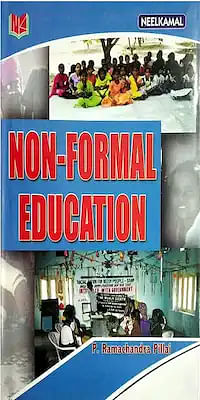 |
|
Non-formal education: Flexible Schooling or Participatory Education? by Alan Rogers |
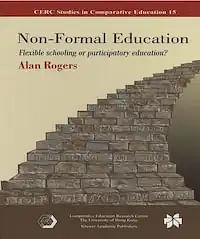 |
|
Adult and Non-formal Education by Rameshwari Pandya |
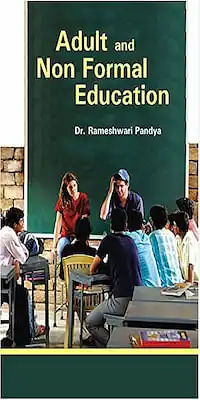 |
|
Literacy and Non-formal Education by V.C. Pandey |
 |
|
Non-formal and Continuing Education by U.K. Singh and K.N Sudarshan |
 |
|
Educational Thought and Practice by V.R. Taneja |
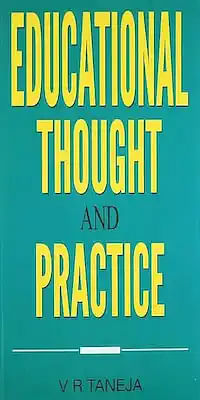 |
Also Read: Best Career Options for Girl in India
Difference Between Formal and Non-formal Education
Non-formal education strives for better understanding despite any guided set of assessments. Some people ordinarily master proficiency in various activities and undergo checks to evaluate themselves for their acquired skills.
Tabulated below are the five differences between formal and informal education.
| Formal Education | Non-Formal Education |
| Formal education serves as a long-term general education. | Non-formal education is known as short-term or specific education. |
| Formal education offers certificates that enable one to obtain a status in society. | It provides the learning that is immediately valued. |
| Formal education duration is often ten years or more. | Non-formal education duration is short, ranging from 3 months to 2 years. |
| Formal education is future-oriented. | Non-formal education facilitates immediate learning. |
| Formal education takes place in educational institutions. | Non-formal education is based out of school available at a low cost. |
Also Read: Indian Education System vs Foreign Education System
Types Of Non-Formal Education
There are various types of non-formal education like distance education, Correspondence education, etc. Students can check the detailed information below.
1. Distance Education
Distance education, often known as distance learning, is a method of providing education and training, frequently individually to students who are not physically present in a traditional environment such as a classroom. Distance learning gives "access to learning when the source of information and the learners are separated by time, distance, or both."
2. Correspondence Education
Correspondence education is a technique of offering education to non-resident students, typically adults, who receive lessons and exercises via mail or other means and, after completing, return them for analysis, criticism, and grade.
It is widely utilized in business and industrial training programs, by men and women in the armed forces, and by governments around the world as part of their educational programs. It complements other types of education and makes independent study programs more accessible.
3. Continuing Education
General continuing education is related to adult education in that it is aimed at adult learners, particularly those who are older than traditional undergraduate college or university students. However, it is also commonly used to refer to basic instruction such as reading, and English language skills, or programs such as vocational training, and as the name implies, it is thought that the student already has a college degree and is simply continuing it.
4. Dual Education
A dual education system combines apprenticeships in the workplace and practical education at a vocational school into a single course. As part of the dual education program, students are trained in a company three to five days per week. The company is in charge of ensuring that students receive the standard quantity and quality of training specified in the training specifications for each trade.
5. Rural Education
Rural Education contributes to improving the level of health care available in the district (including HIV/AIDS education), providing instruction and assistance in developing good environmental practices, assisting in the public education process by encouraging students to stay in school as long as possible, encouraging those who can become district teachers, and assisting people in developing marketable skills and becoming productive members of their communities.
6. Andragogy
Andragogy refers to teaching strategies for adults. It is frequently interpreted as the process of including adult learners in the organization of learning experiences. In recent decades, a scholarly and scientific approach to adult education known as andragogy has arisen.
Andragogy is an academic discipline inside university programs that focus on adult education; andragogy is currently practised all over the world. The word refers to a new style of education that is defined not by missions and visions, but by academic learning such as reflection, critique, and historical analysis.

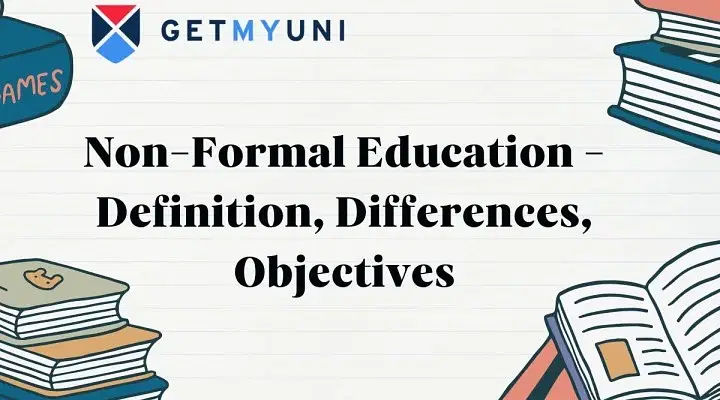
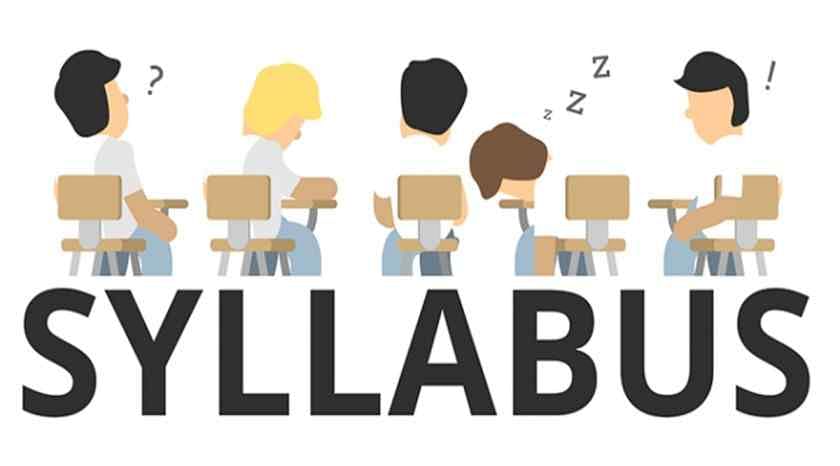
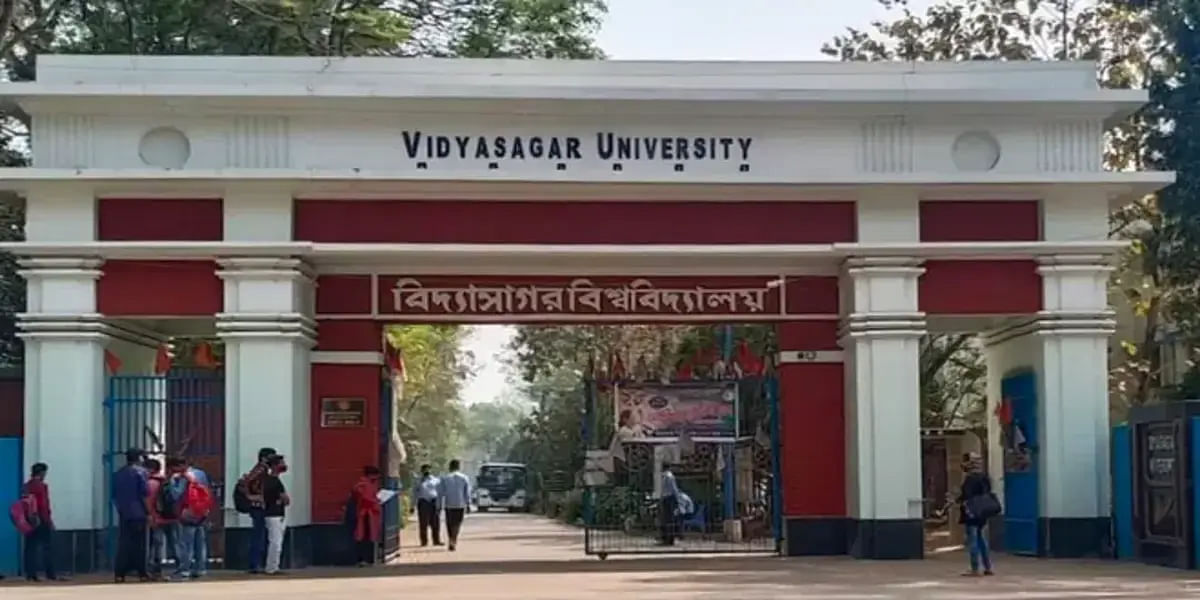
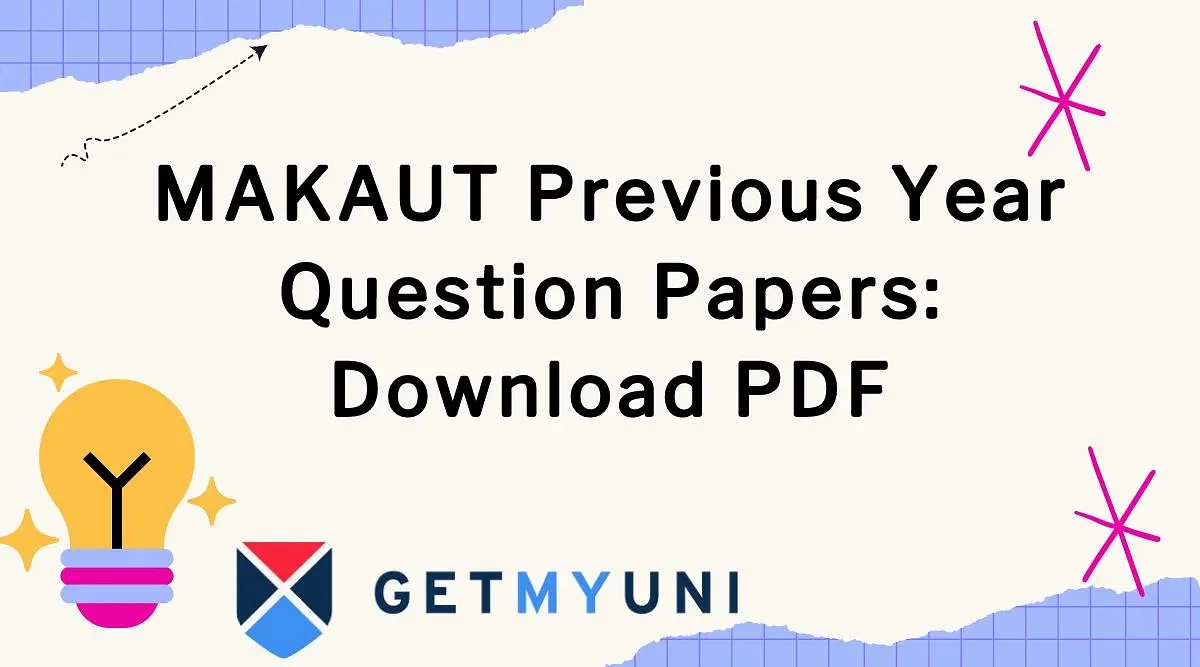



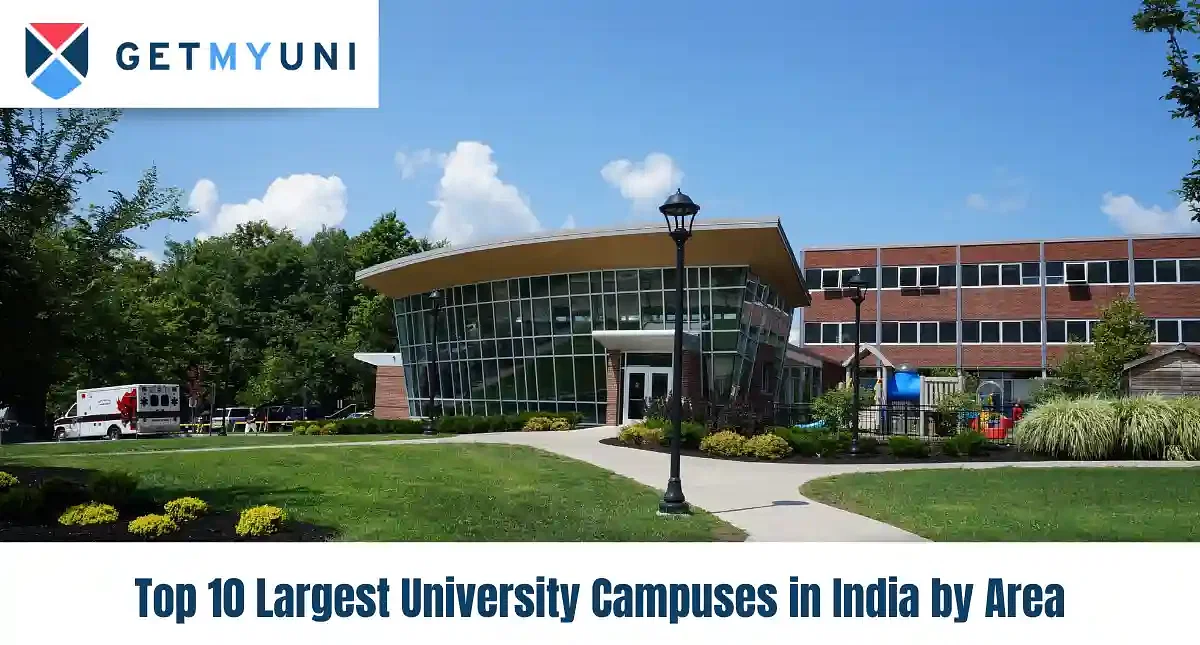

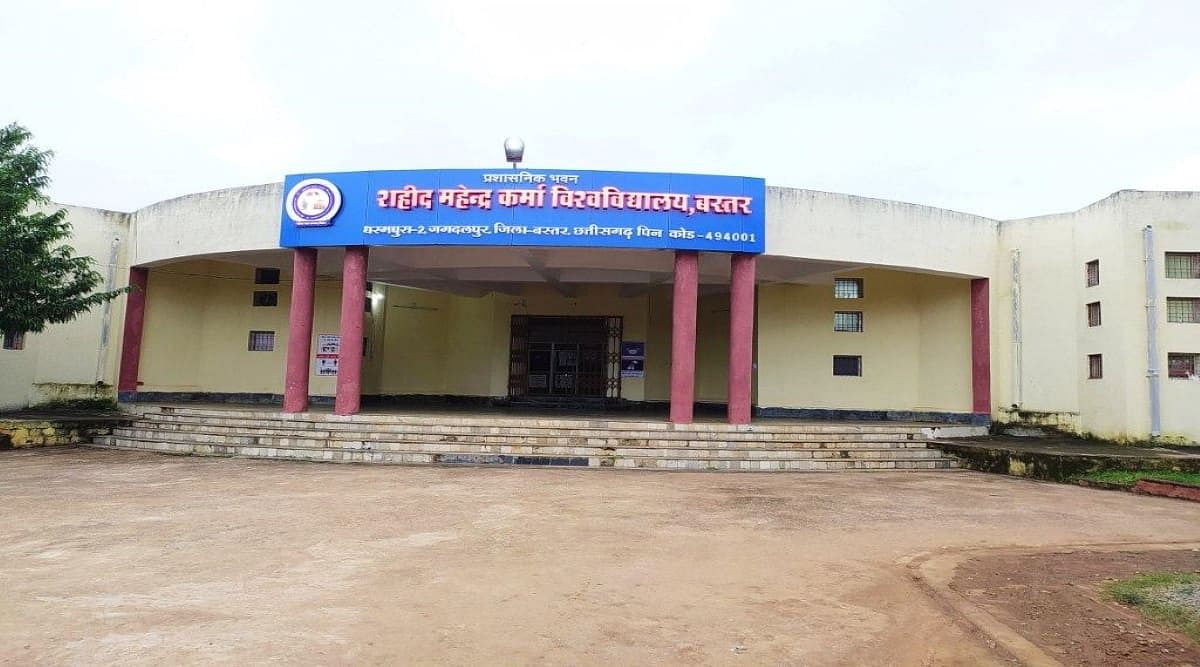
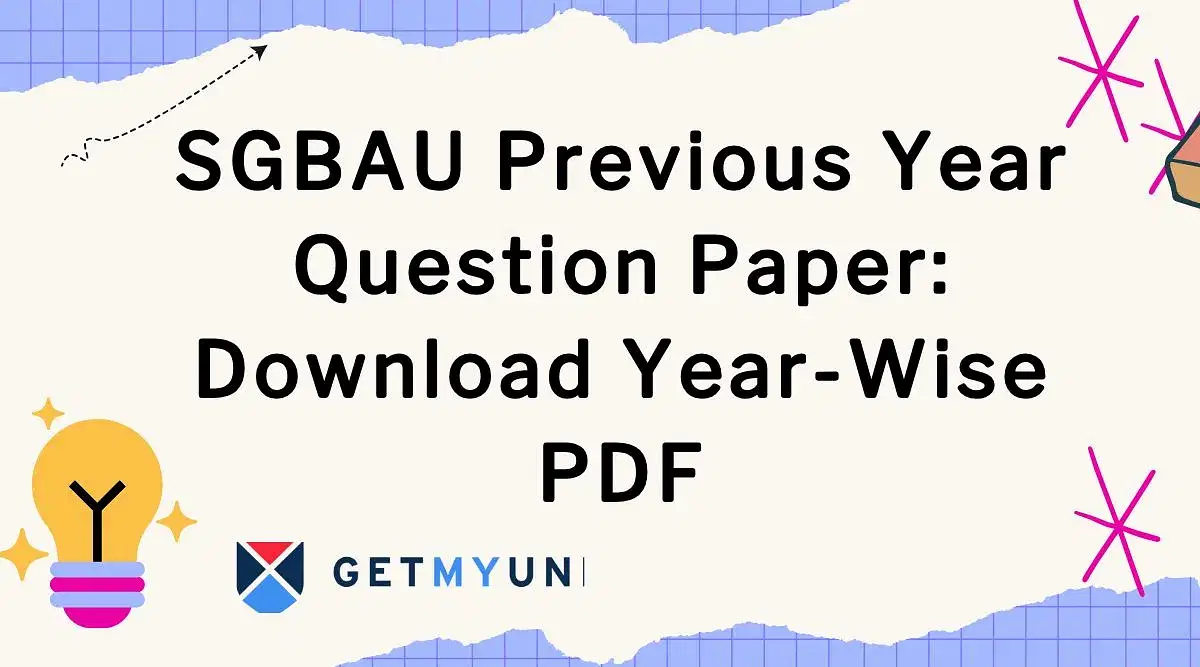
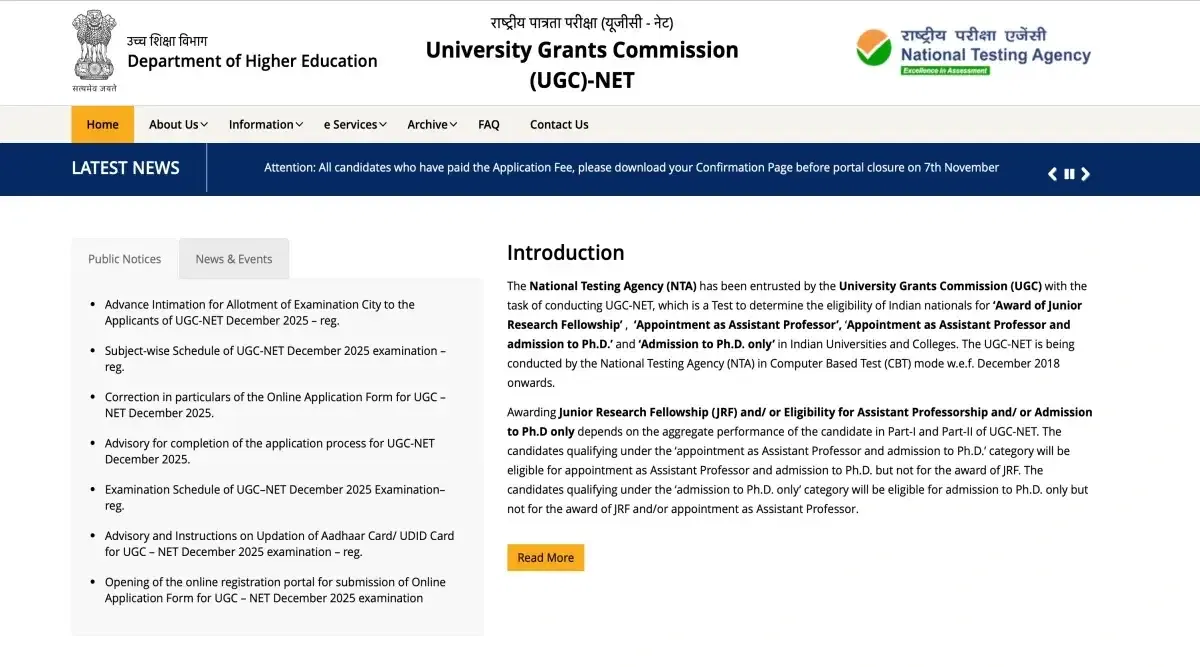

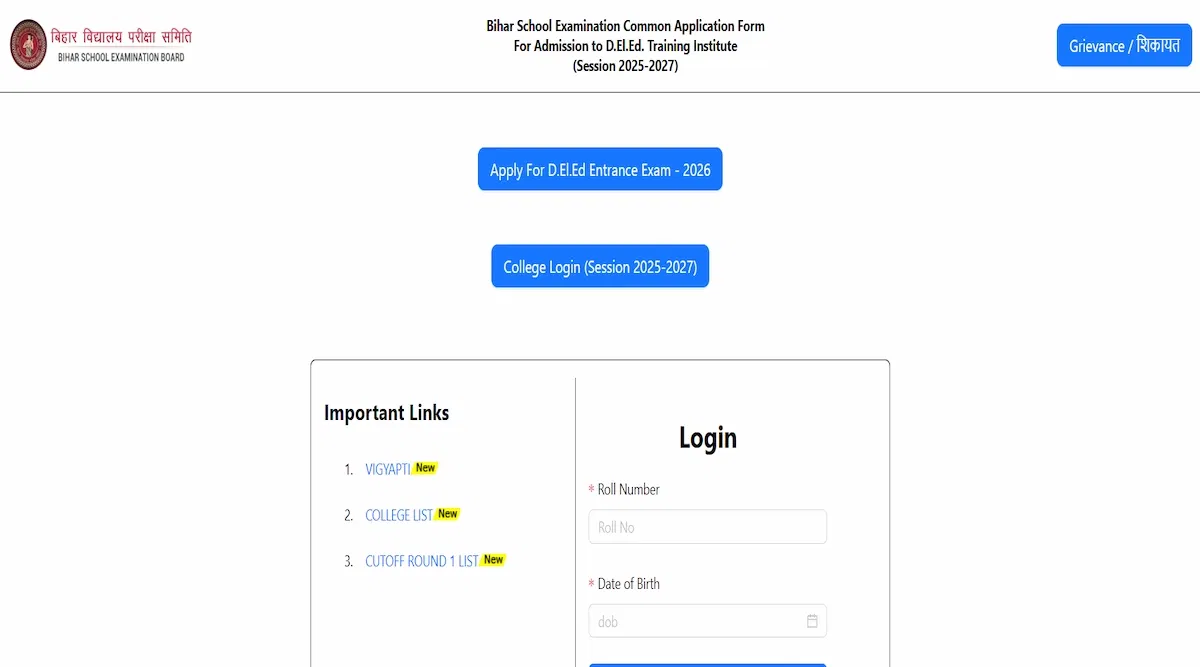
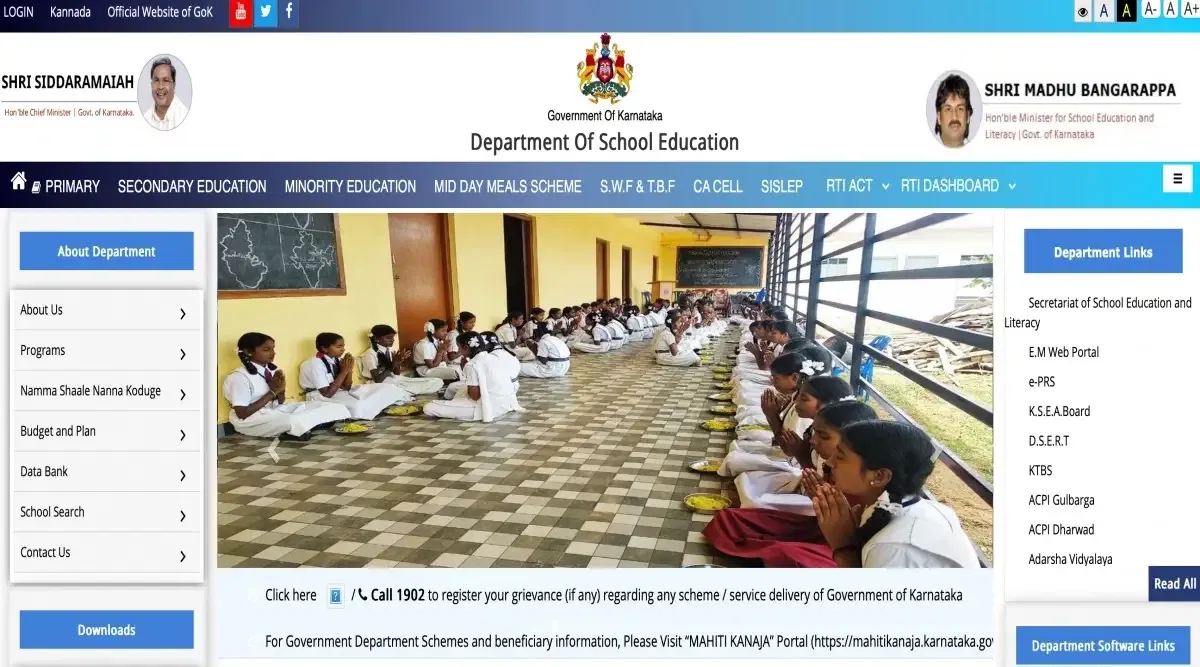

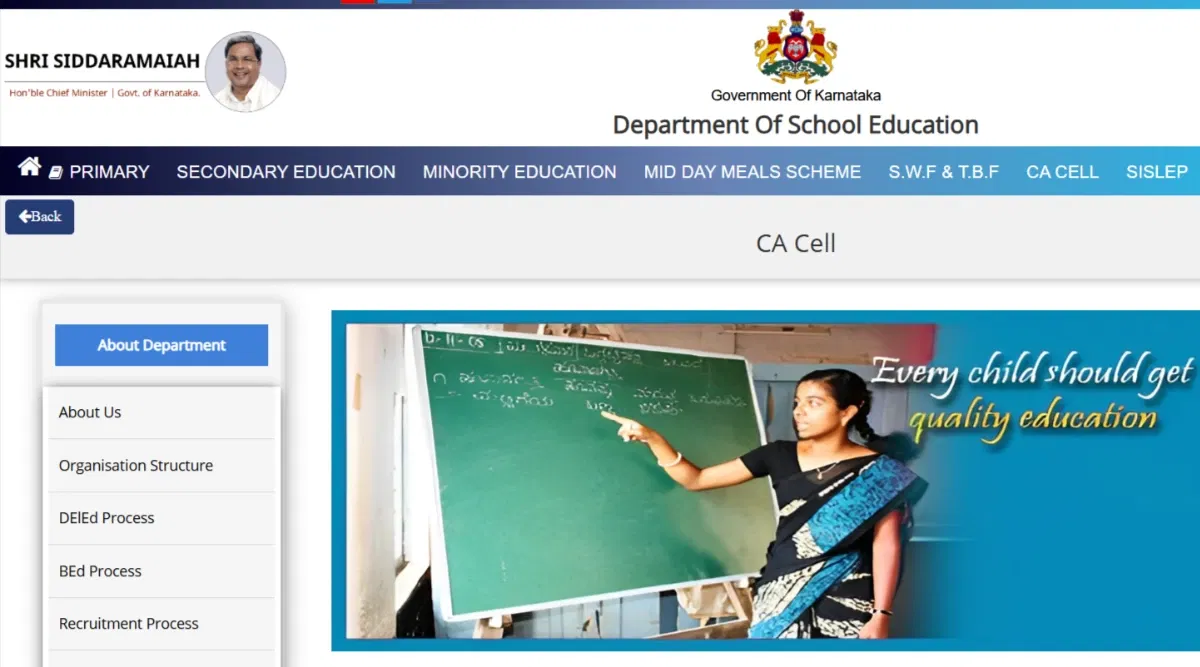
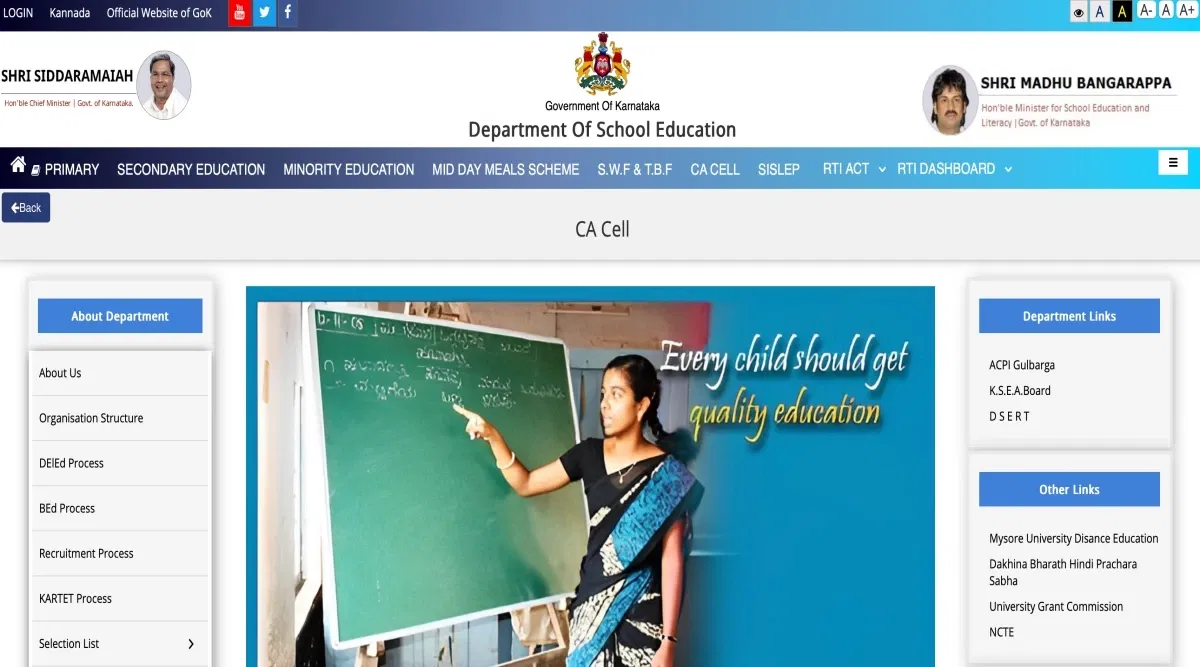
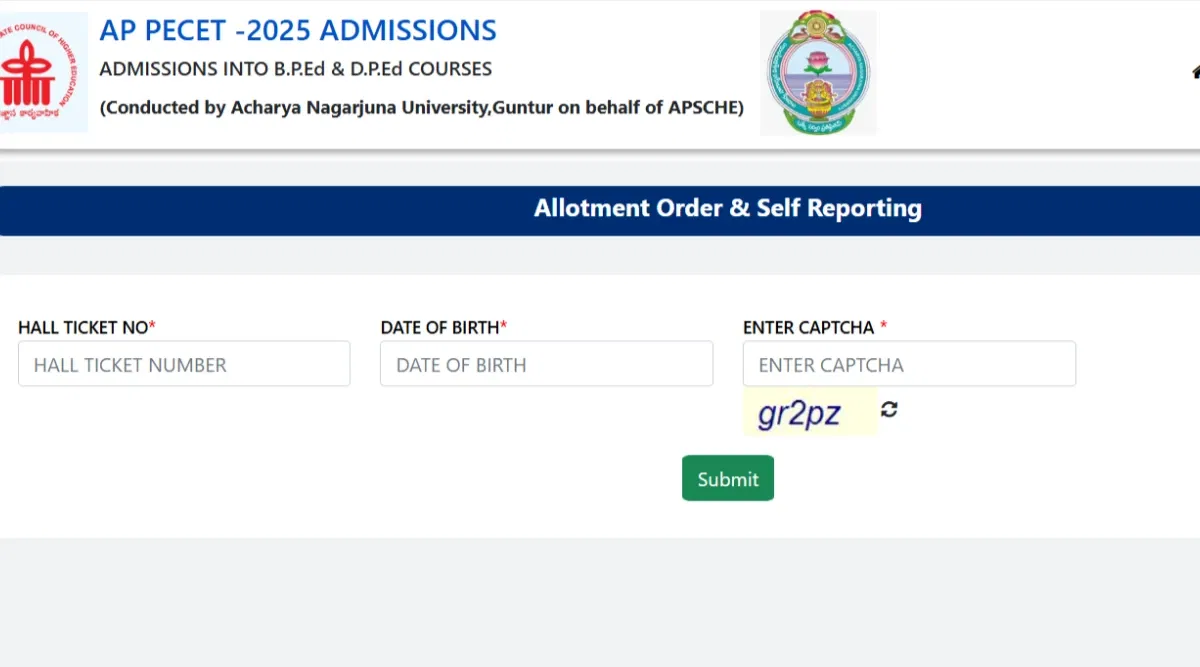
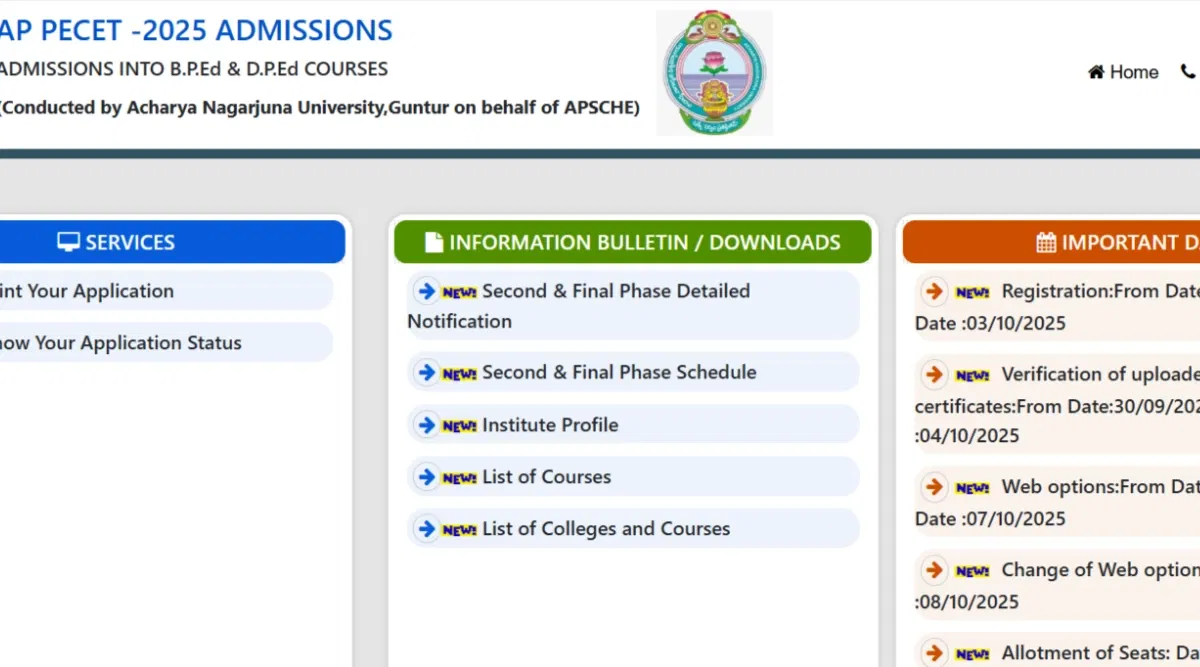
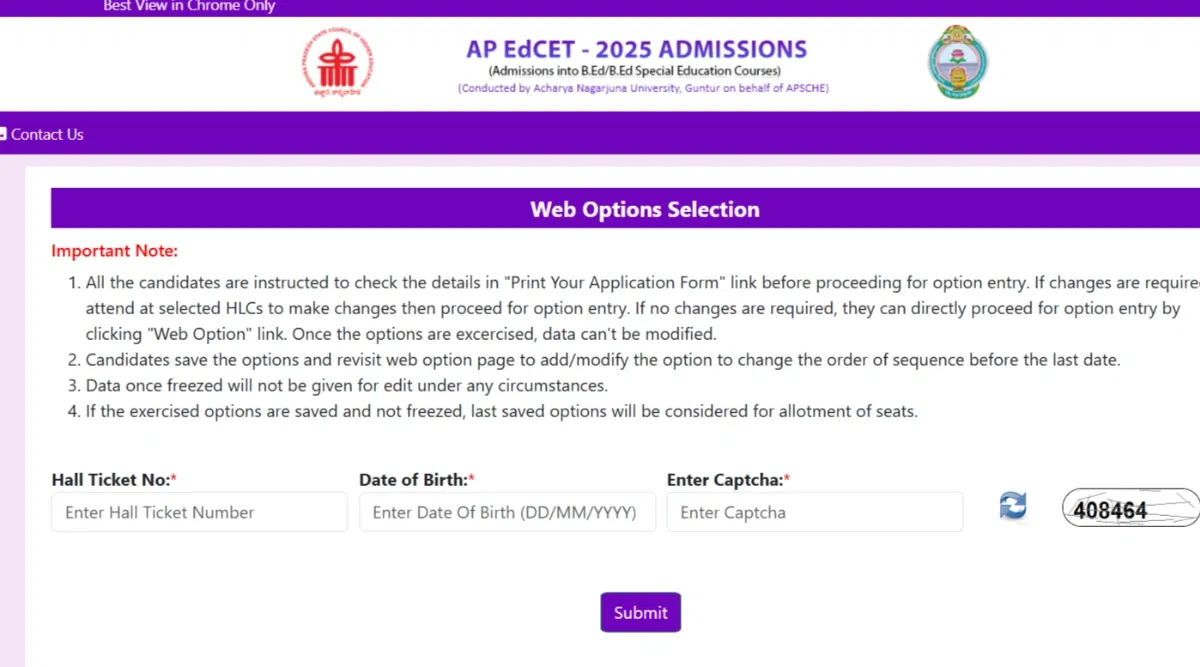

POST YOUR COMMENT